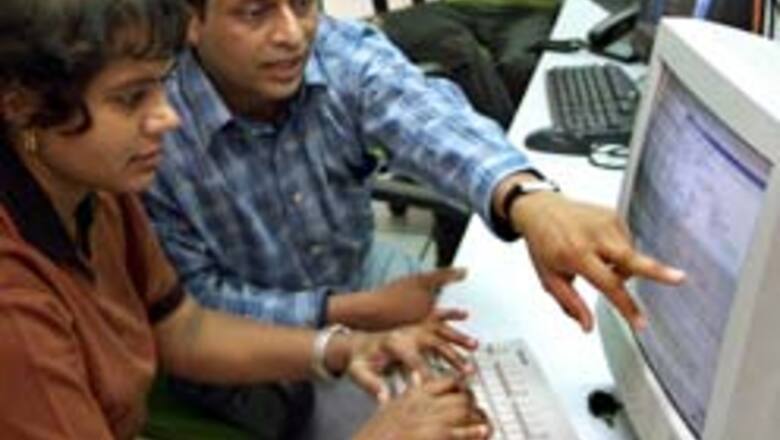
views
New Delhi: A University of California study found that 10 per cent of all start-ups in the Silicon Valley between 1995 and 1998 were by Indians, most of whom had come from the IIT system.
According to the new study, Indian immigrants are a significant driving force behind the creation of new engineering and technology companies in the United States in the past decade.
The study says that of the estimated 7,300 US tech startups founded by immigrants, 26 per cent have Indian founders, CEOs, presidents or head researchers.
The study, 'Silicon Valley's New Immigrant Entrepreneurs', conducted by researchers at the Pratt School of Engineering at the Duke University, says that Indians have managed to beat the Chinese with a share of 15.5 per cent as opposed to seven per cent in 1980-1998.
Not surprisingly, Silicon Valley's Indian workforce is highly educated. In 1990, they earned graduate degrees at significantly greater rates than their white counterparts: 32 per cent of the Indians employed in Silicon Valley in 1990 had advanced degrees, compared to only 11 per cent for the white population.
The study quotes the example of Radha Basu who left her conservative South Indian family to pursue graduate studies in computer science at the University of Southern California in the early 1970s.
Like many other skilled immigrants, she was subsequently drawn into the fast-growing Silicon Valley labor market where she began a long career at Hewlett-Packard (HP).
When Basu returned to India to participate in an electronics industry task force in the mid-1980s, the government invited her to set up one of the country's first foreign subsidiaries.
She spent four years establishing HP's software center in Bangalore--pioneering the trend among foreign companies of tapping India's highly skilled, but relatively low-cost software talent.
When Basu returned to Silicon Valley in 1989 the HP office in India employed 400 people, and it has since grown to become one of HP's most successful foreign subsidiaries.
Radha Basu was uniquely positioned to negotiate the complex and often bewildering bureaucracy and the backward infrastructure of her home country. She explains that it takes both patience and cultural understanding do business in India: "You can't just fly in and out and stay in a five-star hotel and expect to get things done like you can elsewhere. You have to understand India and its development needs and adapt to them."
Many Indian engineers are now doing what Basu did in the early 1990s: They exploited their cultural and linguistic capabilities and their contacts to help build software operations in their home country.
However, the study also says that a very few Indian engineers choose to live and work permanently in India. Indian engineers - if they return at all - typically do so on a temporary basis.
The study, which covered 28,766 firms with annual sales of more than USD 1 million and 20 or more employees, comes nearly eight years after an influential report from the University of California, Berkeley, on the impact of foreign-born entrepreneurs.
"This study shows the tremendous contribution immigrants in general and Indians in particular are making to the US economy and global competitiveness. This is a win-win for America and for the immigrants that make it here", Vivek Wadhwa, Delhi-born Duke's executive in residence and the founder of two tech startups in North Carolina's Research Triangle was quoted by PTI as saying.
The study makes it amply clear that immigrants do not take away jobs from citizens of the US as many Americans feared, but were instead creating new jobs and wealth, things that did not exist earlier.
















Comments
0 comment